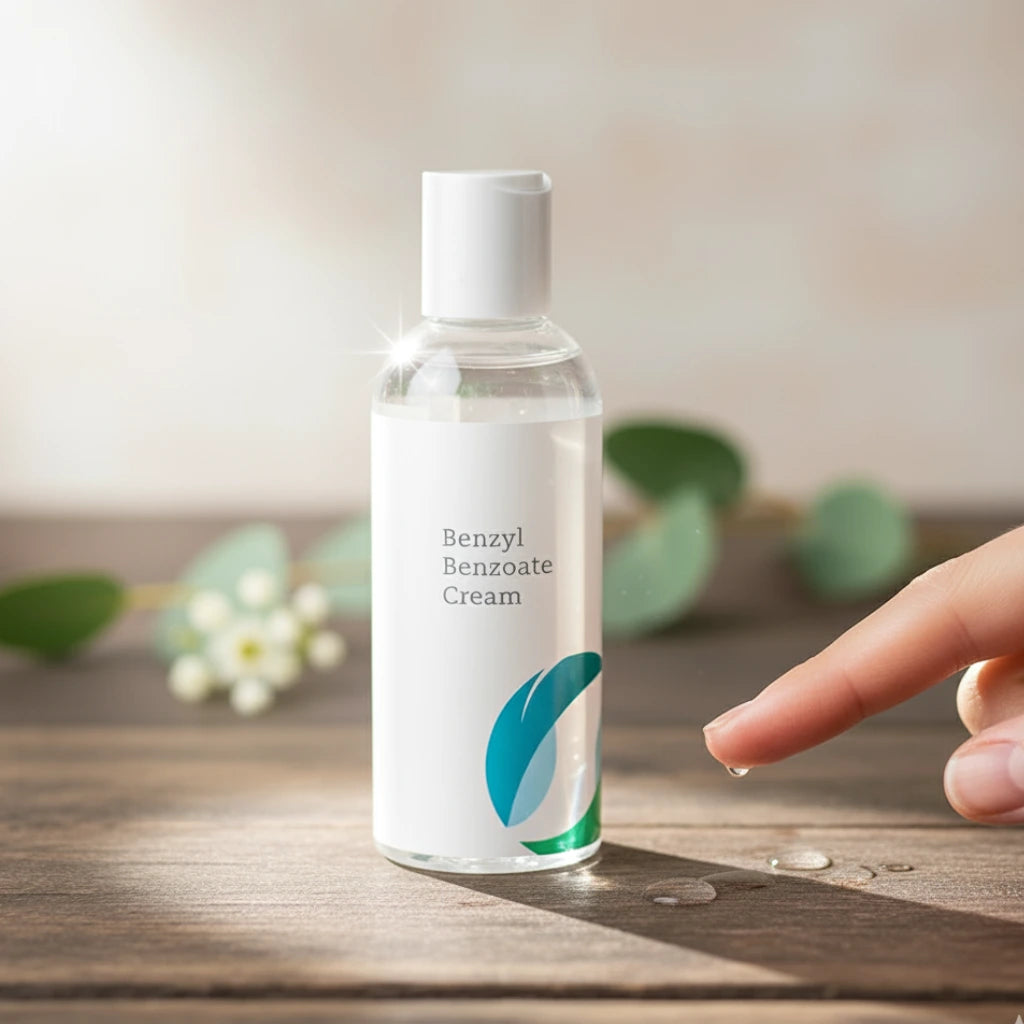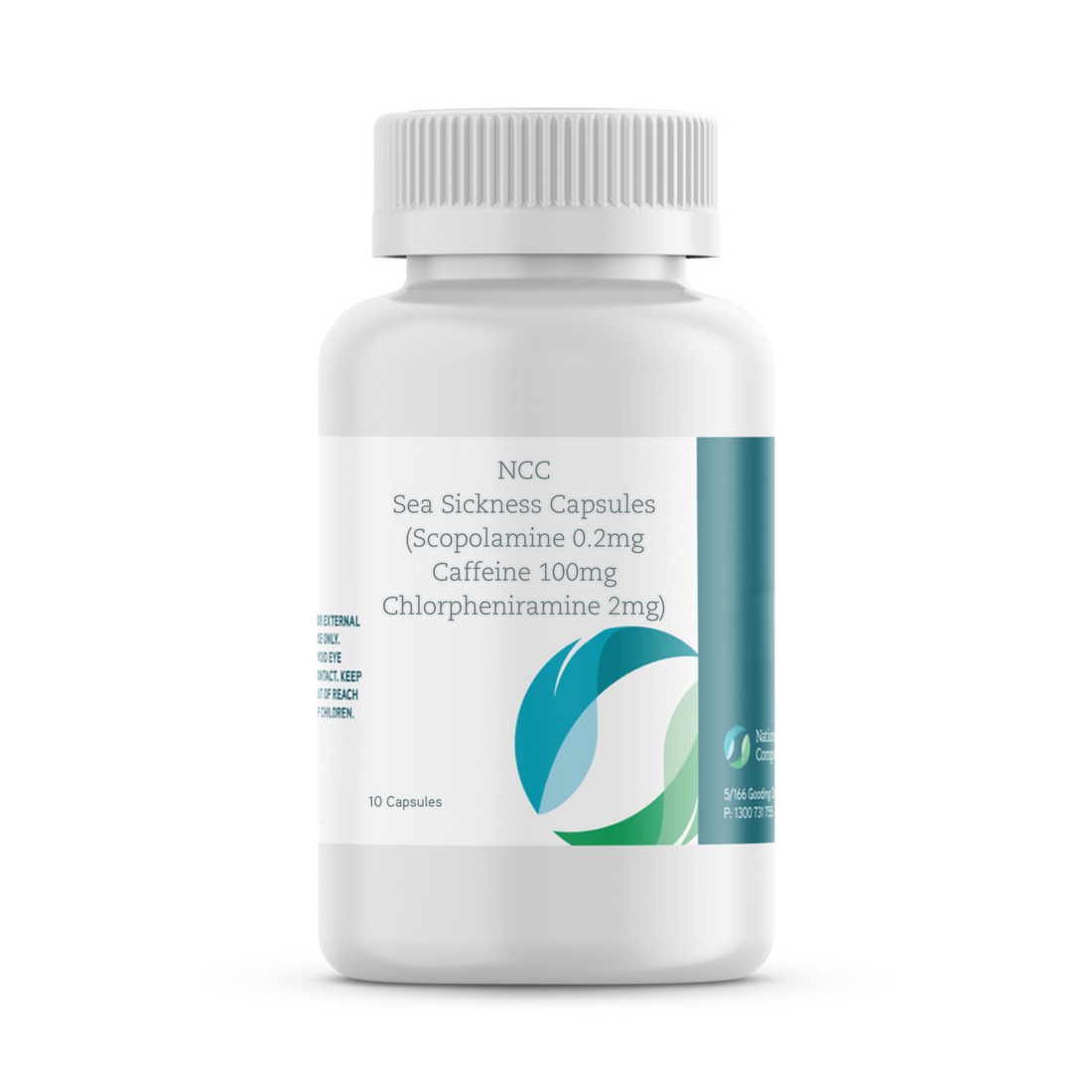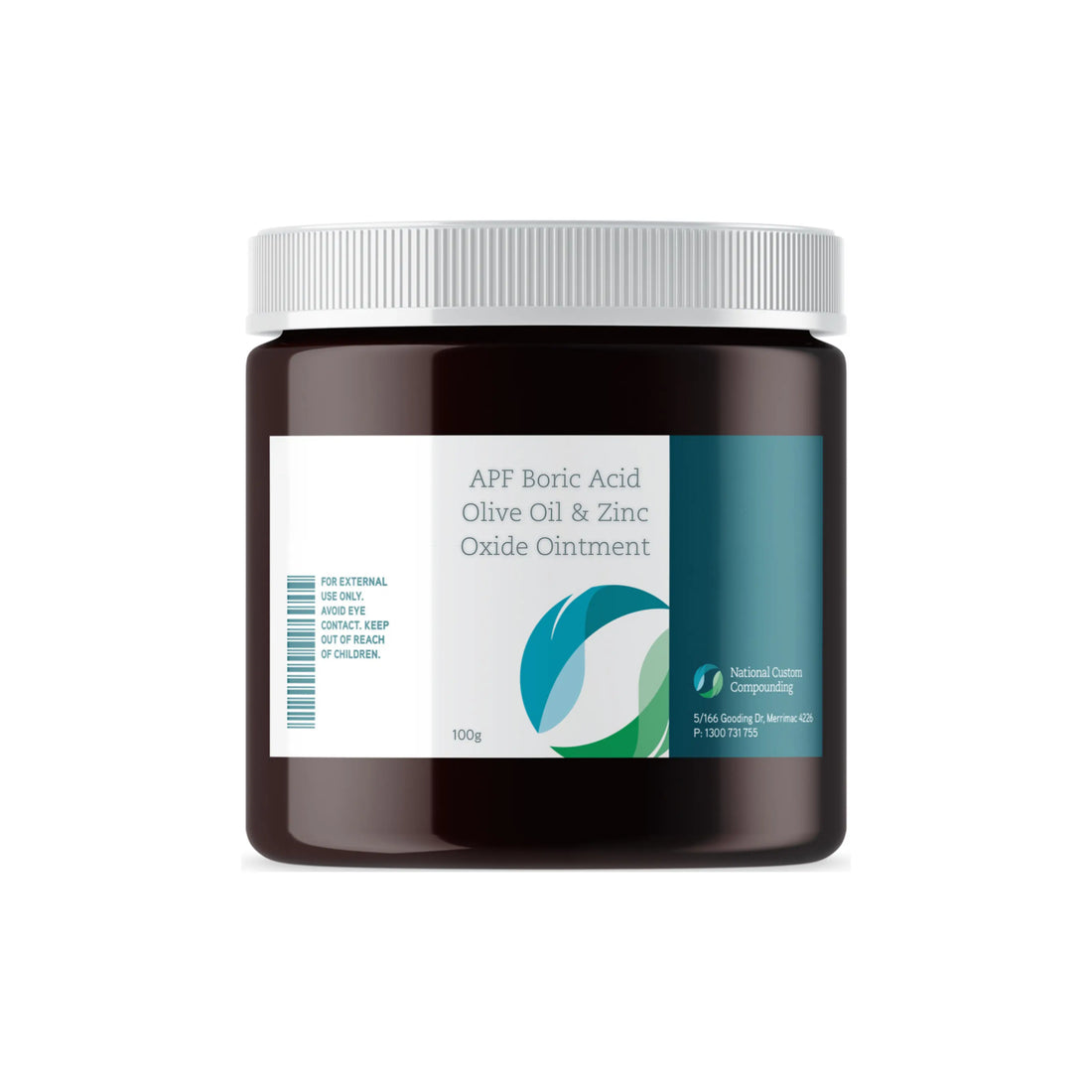Seasickness, a form of motion sickness, can turn an exciting boat trip into a miserable ordeal. While there are many over-the-counter options, a compounding pharmacy can also offer tailored solutions to help you conquer the waves. Whether you’re boating, cruising, or just spending time on the water, there are effective strategies and treatments available.
In this article, we’ll explore:
- What is Seasickness?
- Practical Strategies to Reduce Seasickness
- Over-the-Counter and Natural Remedies
- Compounding Pharmacy Solutions for Motion Sickness
What is Seasickness?
Seasickness is a type of motion sickness that occurs when your brain receives conflicting signals about movement. Your eyes might see the inside of a stationary cabin, but your inner ear, which controls balance, senses the rocking and rolling of the vessel. This disconnect can lead to symptoms like:
- Nausea and vomiting
- Dizziness and lightheadedness
- Fatigue
- Cold sweats
Interestingly, this feeling can sometimes persist even after you are back on dry land, which is often referred to as “mal de debarquement syndrome.” The severity of seasickness varies widely from person to person; for some, it’s a mild annoyance, but for others, it’s a serious barrier to enjoying ocean travel.
Practical Strategies to Reduce Seasickness
Before turning to medication, there are several simple strategies you can employ to minimize your chances of feeling unwell:
- Choose your seat wisely: If possible, sit or stand in the middle of the vessel. The front (bow) and rear (stern) often experience the most dramatic high and low movements. A mid-ship location tends to be more stable.
- Keep your eyes on the horizon: Focusing on a fixed point on the horizon can help your brain reconcile the motion your inner ear is sensing with what your eyes are seeing.
- Prepare your body: Avoid excessive eating or drinking the day before your trip. Getting onto a boat when your body is already run down, dehydrated, or dealing with a hangover can significantly worsen symptoms.
- Stay hydrated and cool: Dehydration can exacerbate motion sickness. Drink plenty of water before and during your trip. Also, try to stay in the shade and avoid direct, intense sunlight if you are prone to feeling sick.
Over-the-Counter and Natural Remedies
If practical tips aren’t enough, you can look to remedies available at your local pharmacy:
- Natural Supplements (Ginger): Ginger is a long-standing natural remedy for nausea. While evidence suggests it can help, you often need a high concentration to be effective. It’s best to discuss the correct dosage with your pharmacist.
- Commercial Medications: Over-the-counter products like those containing dimenhydrinate (e.g., Dramamine) or meclizine (e.g., Bonine or Antivert in some countries) are designed to combat motion sickness. Be aware that these medications can sometimes cause drowsiness, so it’s important to plan ahead and take them well before you board.
Compounding Pharmacy Solutions for Motion Sickness
For those who suffer from severe seasickness or can’t tolerate the side effects of commercial products, a compounding pharmacy can be an helpful resource.
Compounding pharmacies create customised formulations that are no longer commercially available or need to be adjusted for a patient’s specific needs. For motion sickness, this often involves compounding capsules or other dosage forms containing medications known to be effective for the condition. These custom-made motion sickness capsules can be a highly effective solution, helping you stop the problem and ensure you can get out on the water to enjoy the experience.
If you struggle with seasickness, it’s worth talking to your doctor or a compounding pharmacist about a tailored solution to help you have a pleasant journey.
Video Transcript
Hi. How can you reduce seasickness? It’s a really good question, and there are lots of commercial products available on the market today, but there’s also some things that compounding pharmacies like ourselves can help you and your seasickness with. Whether you’re boating, cruising, or just doing things where you don’t feel great. There’s certainly some great options available. Just to start at the top, what is seasickness? Quite simply, it is, as it sounds, it’s due to motion sickness. There’s an area of your brain that unfortunately doesn’t like certain motions, and that part of your brain can continue to have that effect of being on sea even once you’re back on dry land. But from person to person, it occurs at different levels. Some people can tolerate it, and for those poor people who really struggle, it can really impede their ability to go traveling in the open ocean, which there’s plenty in Australia to do.
So what we suggest in terms of a few strategies, the first thing you could think about is where you sit on the boat itself, whether it’s a big cruise ship or whether it’s a little boat, sometimes sitting in the middle of the vessel tends to make a bit of a difference because you find that you’re not getting those highs and lows of motion that you do at the front and the rear of the vessel. It’s really important too, that you think about traveling on a boat if you do get seasick before you actually get on the boat. So we’ve all been in those situations where things might’ve got a bit carried away the previous day that could have been eating, drinking, or other activities. Sometimes if your body isn’t feeling great and you get onto a boat, that will actually enhance and worsen the seasickness.
And one of those other things too is to definitely stay hydrated. Dehydration is just one of those things that your body doesn’t like. So by staying hydrated before and during, keep plenty of sunscreen on. Keep out of direct sunlight if possible. Hopefully your body’s just in a better place to manage your seasickness. Of course, if those practical things don’t quite help and you really do suffer from bad seasickness or motion sickness, there’s a few remedies, some things available from your local pharmacy or from your local compounding pharmacy that can help. You’ve probably heard of Ginger being one of those natural supplements that has been around for a long, long time. And yes, it’s got a bit of evidence that it can help. You do require a fair bit of ginger. You need a high concentration of ginger. So talk to someone like us. If you’re unsure.
There are other products commercially available from pharmacies, things like Quells or Travel Calm. These can create a little bit of drowsiness. So just be mindful when you are traveling and taking them to prepare yourself before you get on a boat. And finally, there’s some really cool compounded formulations, which are no longer commercially available, hence, pharmacy like ours make them. And those motion ease or motion sickness or sea sickness capsules can be a real benefit to helping you stop the problem and still get out on the water and enjoy what it’s out there for. So just keep your eye on a few little grabs like that. Reach out to us and talk to our pharmacy team if you’re interested in anything related to compounding and seasickness. And we hope you have a great day out on the open seas. Thank you.







